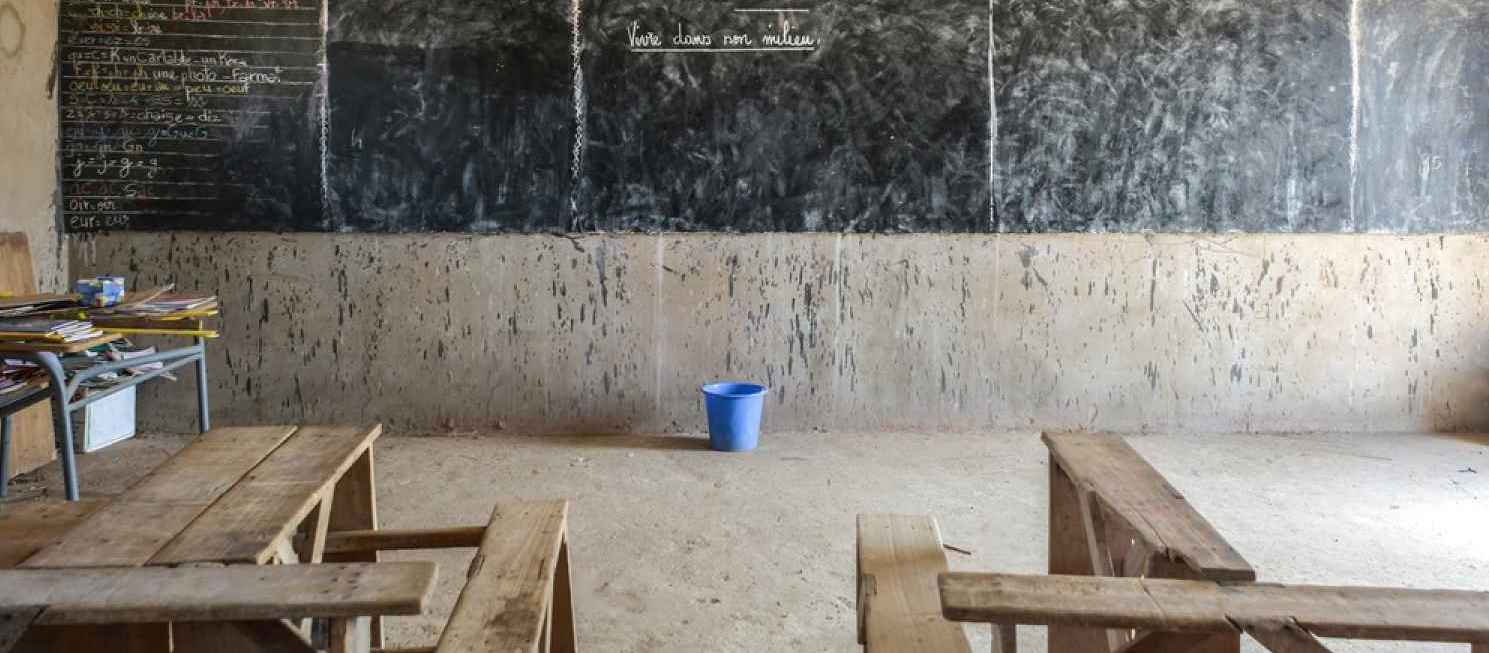

With over 240 million kids out of school in Sub-Saharan Africa following school closures linked to the COVID-19 pandemic of 2020, the education system has reached a breaking point. This education crisis will have enormous consequences for children and the entire continent. Policies to enhance school progression and decrease the number of children dropping out of school is critical if Universal Primary Education (UPE) is to be achieved.
Policies to enhance school progression and decrease the number of children dropping out of school is critical if Universal Primary Education (UPE) is to be achieved.In Burundi, for example, the primary school completion rate in 2019 was 62 percent, although it increased steadily from 38 percent in 2005. In the Democratic Republic of Congo (DRC), the primary school completion rate in 2017 was 53 percent, the same completion rate for the country in the early 1990s. As a result of substantial dropout rates and non-completion of primary school, many children need to acquire the most basic skills. Their brief schooling experience frequently consists of limited learning opportunities in overcrowded classrooms with insufficient learning materials and under-qualified teachers. Children of different ages and abilities are mixed in single classrooms without proper adaptation of teaching methods to improve learning and induce school engagement.
Such schooling circumstances and personal and family-level factors such as malnutrition, ill health, and poverty jeopardize meaningful access to education for many children especially girls. As a result, many children are registered in schools but fail to attend, participate but fail to learn, are enrolled for several years but fail to progress, and drop out of school.
Education can also prevent child marriages and teenage pregnancy. For many girls in sub-Suharan Africa, especially in rural areas, education isn't just crucial for a better future and essential to their survival. Nevertheless, girls repeatedly drop out of school because they can't afford feminine hygiene products.
With our partners, we are conducting a series of research to evaluate the impact of an accelerated learning program for out-of-school children on the student's educational achievement, home life, and continuation of schooling. This research aims to contribute to cost-efficient policies for improving access to and quality education in sub-Saharan Africa and beyond.
The research also aimed to reduce the dropout rate by providing sanitary products, teaching girls their value, and igniting their passion for education.Education is essential in breaking the cycle of violence and poverty. Keeping girls in school makes them stand a better chance of developing into empowered women who change their communities and nations. Both countries and individuals benefit from girls' education. Better-educated women tend to be more informed about healthcare and nutrition, marry later, and make the appropriate decision for their families. In addition, their children usually grow up stronger and healthier should they become mothers.
Our research underscores the urgency of mobilizing resources to reach universal enrollment in Sub-Saharan Africa. In Exclusion from Education, for example, we use two statistical procedures to estimate the economic loss associated with out-of-school children in 13 countries, and so far, we have seen that in nations with the highest burden of out-of-school kids, the loss is identical to over one year of average GDP growth.
Related Projects